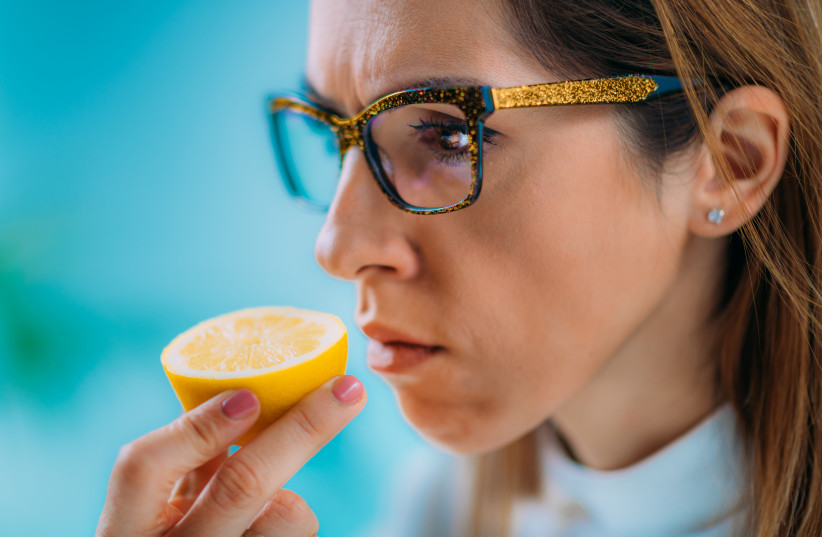A loss of taste or smell during a COVID-19 infection could actually be a good sign, a new study has found.
A new peer-reviewed study published on Plos One has found that the loss of either sense during a COVID-19 infection is a strong predictive factor for a robust immunologic response.
As the COVID-19 pandemic unfolded, chemosensory dysfunction, or impairment of smell and/or taste, was identified as a key symptom of severe acute respiratory syndrome coronavirus (SARS-CoV-2), and was present to varying degrees in 43% to 62% of COVID-19 patients.
Acute smell loss has been identified as a strong predictor of the disease, although little is known about how chemosensory dysfunction relates to humoral response and immunities.
Olfactory loss typically appears early in the onset of COVID-19 and at times could be the sole indicator that an individual is actually sick, as approximately 20% of patients may have no symptoms other than a diminished sense of smell, making it a useful sentinel symptom that could assist in providing further treatments
Furthermore, there may be a connection between chemosensory dysfunction and milder disease severity, as the study examines. Researchers from the Columbia University Irving Medical Center, led by Dr. Jonathan B. Overdevest, explored the link between serologic response and chemosensory loss.
Understanding the natural immune response to COVID-19 can help better understand the disease’s pathophysiology, recognize patterns, and guide possible treatment.
Twice as likely to develop antibodies
After examining 306 patients, 96 (64.1%) and 195 (63.7%) of which reported subjective smell and taste dysfunction, researchers found that the odds of developing antibodies were 1.98 times higher among those who reported altered smell and 2.02 times higher among those with altered taste when compared to those with baseline smell and taste.
“Results from our study suggest that loss of smell and taste during COVID-19 infection are strong predictive factors for a robust immunologic response based on IgG titers. Additional research is needed to address the durability of seropositivity among these individuals,” the researchers said.
“Results from our study suggest that loss of smell and taste during COVID-19 infection are strong predictive factors for a robust immunologic response based on IgG titers. Additional research is needed to address the durability of seropositivity among these individuals.”
Columbia University Irving Medical Center research team
With eyes to the future, the researchers noted that further research should “examine the prevalence of chemosensory dysfunction and seropositivity among individuals following vaccination, those infected with distinct SARS-CoV-2 variants/sub-variants, and those with subsequent exposures and development of COVID-19 illness.”




